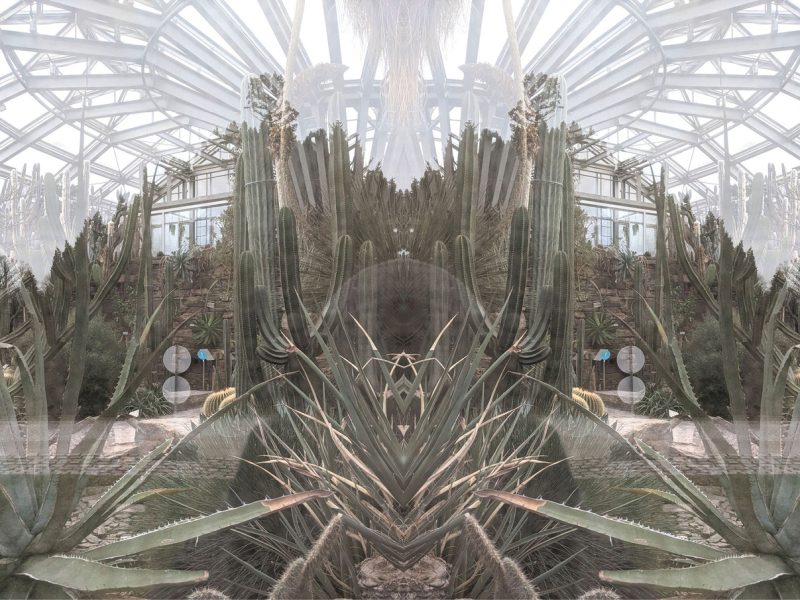Enclaves and Exclaves
Investigating the sociospatial relationships between Botanical Gardens and the City in Berlin.
Teaching
Cities and their institutions are changing to cope with society’s accelerated transformation and emerging needs in this time of socio-environmental crisis. The Berlin Botanical Gardens (Bo) presents an excellent case to study the intersection of Berlin’s cultural, green, and knowledge spaces and how they are re-figuring in relation to two such transformative processes at a planetary scale: human-induced climate change and decolonisation.
Berlin Botanical Gardens comprise a 43-hectare green enclave space in Berlin’s Steglitz-Zehlendorf, it is a publicly accessible archive and museum space storing and displaying a collection of 20,000 plant species, and it is a globally networked space of scientific knowledge production and circulation on botany and biodiversity research. Our initial research in collaboration with urban design and sociology students at TU Berlin (SoSe 2021) has revealed how urban governance, planning, and policy regimes such as heritage protection shape and restrict the capacity for such spaces to change. Using hybrid mapping and qualitative methods including semi-structured interviews, we looked at the contradictions that exist between, on one hand, practices of conservation which underpin the botanic gardens and urban planning more generally, and on the other, the desire to adapt to climate change and address coloniality which in subtle ways continues to shape how knowledge and space are co-produce at the gardens today.
Together in the seminar, we want to continue our research to look more closely at the relations and intersection of the three spaces that constitute Berlin Botanic Gardens: green space, cultural spaces, and spaces of knowledge, at multiple scales: organisational, urban, and trans-local and specifically at how borders are produced and transgressed by flows of human and nonhuman life. You will learn advanced sociospatial qualitative research methods and will be exposed to critical sociospatial theory being developed at TU Berlin’s SFB 1265 “Re-figuration of Spaces” to hone your analytical skills for application to urban research and what we call, critical spatial design.
Team: Jamie-Scott Baxter (jamiescottbaxter@me.com), Séverine Marguin (severine.marguin@tu-berlin.de), Jörg Stollmann
Tuesdays on site from 9:00 until 12:30 or 15:00.
First session on Tuesday 18th at BH-N 230
Address:
SFB 1265 “Re-figuration of Spaces”, Building BH-N, Ernst-Reuter-Platz 1, 10587 Berlin, Second floor, Room number: 230.
